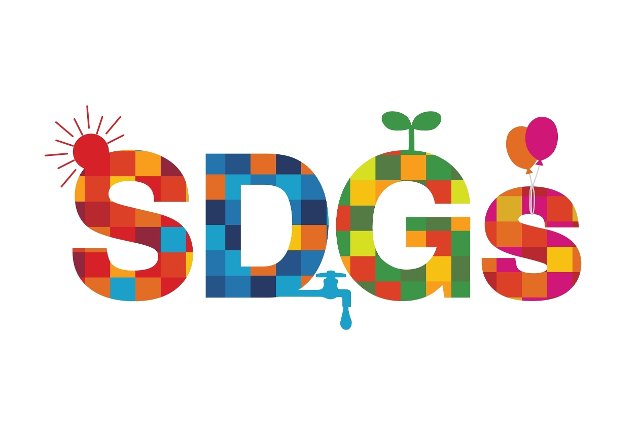
Czechia is Implementing the SDGs for a Better and More Secure World
21.07.2025 / 15:15 | Aktualizováno: 22.07.2025 / 10:16
On July 21, Czechia presented a Voluntary National Review (VNR) at the United Nations in New York, outlining its progress in implementing the Sustainable Development Goals (SDGs). The delegation, led by Minister of Regional Development Petr Kulhánek, presented a report highlighting the country's progress in areas such as poverty reduction and environmental protection. At the same time, challenges remain in achieving gender equality and transitioning to a circular economy.
The report also addresses the impact of Russia’s aggression on sustainable development in Czechia and the wider region, as well as society’s resilience to climate change and cyber threats. In the field of foreign policy, it evaluates how Czechia contributes to the SDGs through international development cooperation.
Czechia presented itself at the UN as a country active in international organizations and responsible toward developing nations and future generations. In doing so, Czechia also reiterated its support for the system of international cooperation with the UN at its core. The presentation included a video featuring President Petr Pavel, Foreign Minister Jan Lipavský, and representatives of Czech civil society and the business community.
"No country can reach the SDGs alone, but every country can help. Czechia will keep doing its part," said Minister Lipavský in the video.
Czechia has consistently achieved good results in fulfilling the SDGs. In the internationally recognized SDG Index, it ranked 10th globally this year. At the same time, it faces challenges in meeting certain goals, such as reducing the carbon intensity of the economy and fulfilling international commitments in development cooperation financing.
The Voluntary National Review was presented at the High-Level Political Forum on Sustainable Development (HLPF), the main UN platform for reviewing SDGs implementation. The SDGs were adopted by the UN in 2015 and represent the central strategic document of the international community for the development agenda. They aim to achieve balanced development in economic, social, and environmental dimensions, which is not at the expense of other countries or future generations. The Goals are to be achieved by 2030, but according to the latest report by the UN Secretary-General, despite progress in many areas, only about one-third of all targets are expected to be met globally.







